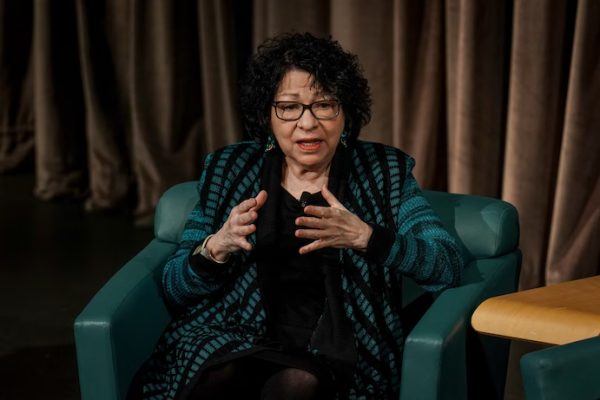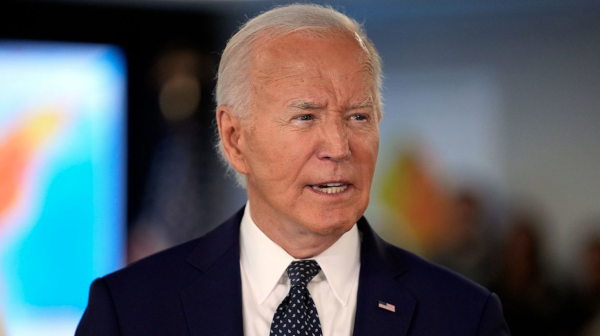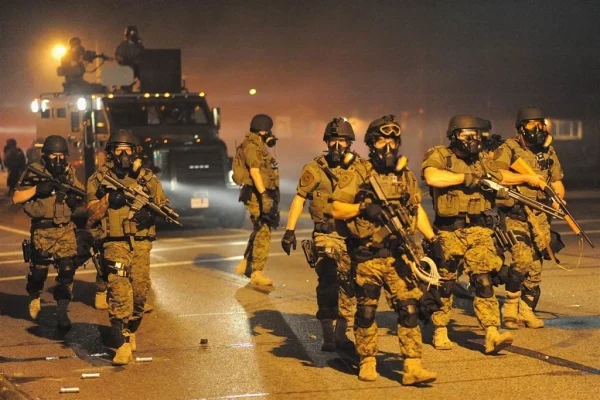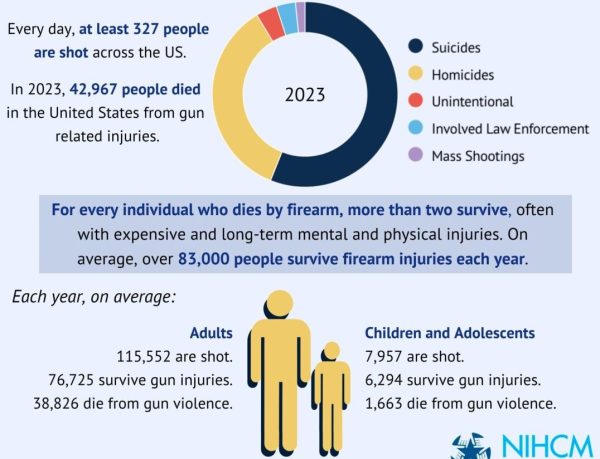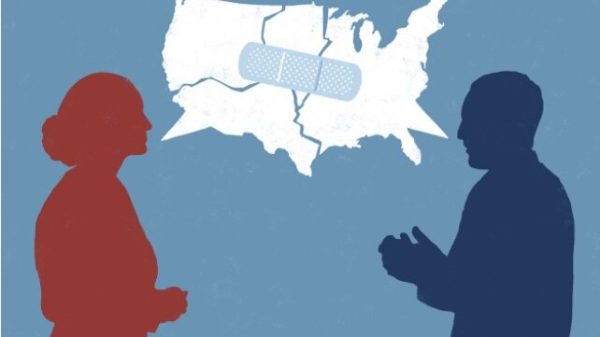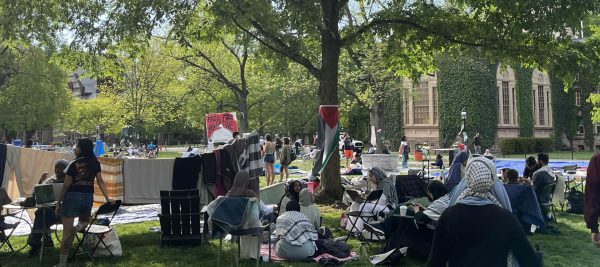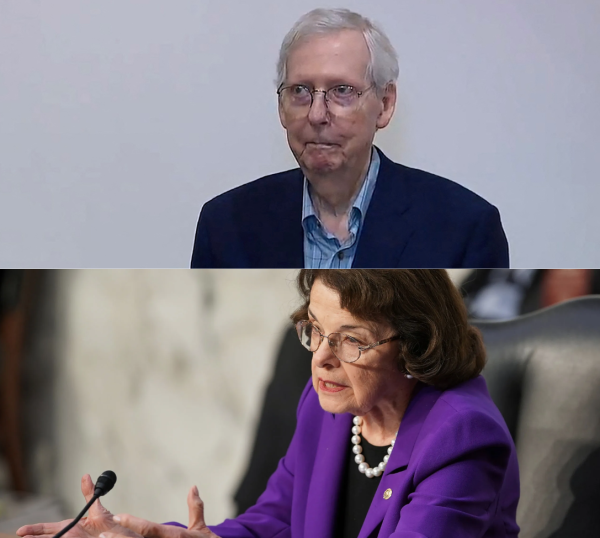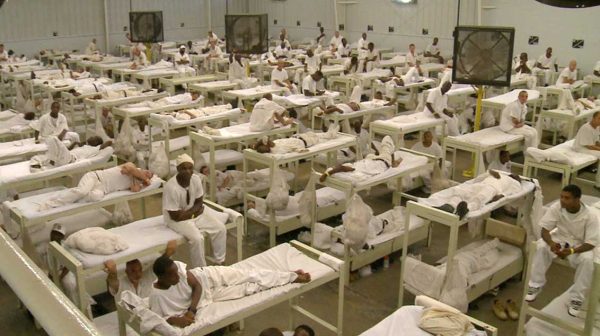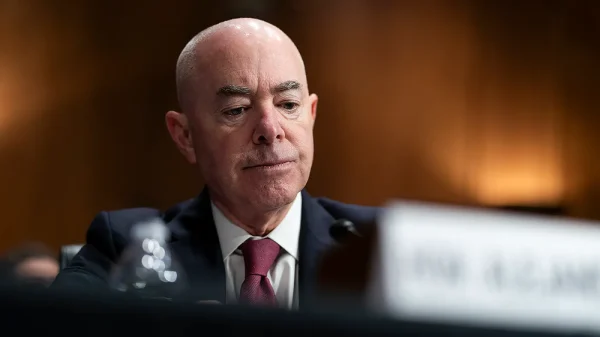Haiti’s crisis requires more American attention
Throughout this year, Haiti faced struggle after struggle, such as the assassination of its president, natural disasters, violence, and extreme political instability. The nation was sent into turmoil on July 7, 2021, when terrorists murdered President Jovenel Moïse and injured First Lady Martine Moïse. While the prime minister, Ariel Henry, did take over the presidency, the state of the government remained uncertain due to a buildup of mistrust. The United States began to take steps to help Haitians but failed to provide any concrete relief.
For years, Haitian citizens have opposed their government’s actions, including its handling of the Coronavirus pandemic and the resurgence of gang violence. In fact, President Moïse was often criticized for acting like a dictator; according to The New York Times, “Mr. Moïse was widely accused of behaving like a strongman who tried to consolidate power.”
The pandemic strained the already fragile health system in Haiti. The United Nation reported that Haiti was only capable of treating a few hundred patients at once, even though there are over 11 million people living in the country. This further demonstrates the ongoing humane crisis in Haiti.
Due to the instability of the government, gangs in Haiti have begun to increase their presence and violence. Currently, “gangs control up to 40% of Port-au-Prince, a city of more than 2.8 million people where gangs fight over territory daily,” according to AP News. In addition to the unrest caused by the gang violence, after experiencing a 7.2 magnitude earthquake in August that killed thousands, Haitians were desperate to escape to more politically stable areas, including the United States.
In the spring of 2021, United States Secretary of Homeland Security, Alejandro Mayorakas, provided 18 months of temporary protective status to Haitians who were already residing in the United States due to social and political unrest present in the nation. However, the United States failed to adequately assist the Haitians fleeing the country after the presidential assassination, earthquake, and consequent upsurge in gang violence. Thousands of Haitian immigrants began to gather at the Mexico-United States border but were not allowed entry. Many were even arrested and deported back to the unsafe environment of their own country.
While the United States is not able to allow every refugee seeking asylum into the United States without facing negative impacts, there needs to be a better plan in place to assist immigrants who are fleeing from a dangerous environment. When Kamala Hariss assumed the vice presidency, she was given the responsibility of managing the Mexico-United States border. Despite being responsible for issues at the border, Harris did not address the concerns or even travel to the Mexico-United States border promptly.
Currently, the plan in place for the United States, in regard to the influx of Haitian refugees, is to address the causes of irregular migration, provide a safe way for immigrants to seek travel to the United States, and rebuild the present system of asylum. Critics, such as Patrick Lawrence, a foreign affairs columnist for the International Herald Tribune and The New Yorker, have denounced the way the Biden Administration has handled the influx of Haitian immigrants.
“The Biden administration could have made a strong statement in favor of due process and dignity by allowing for an orderly asylum process. Instead, it has opted for mass expulsions of vulnerable people,” said Lawrence.
The way the Biden Administration handled these issues at the border demonstrates the inadequate legislation currently in place. In order to help citizens of the world and uphold the ideals upon which the United States was built, immigration reform is needed.

Lauren Winslow is a senior and is one of the Online Editor-In-Chiefs. She loves to be involved in school activities, so she plays basketball, sings in...

